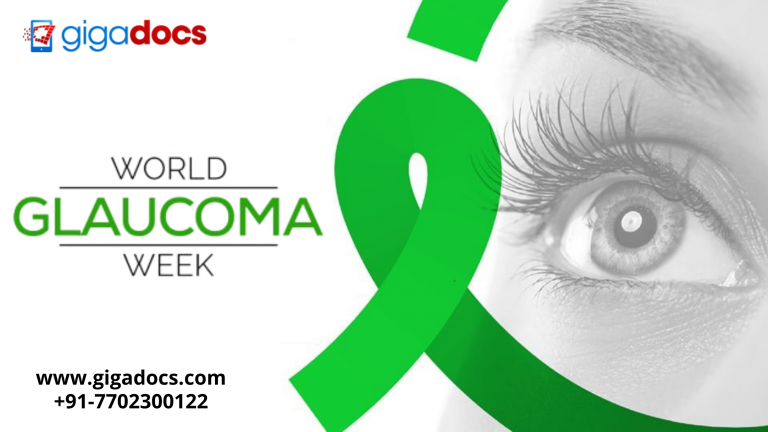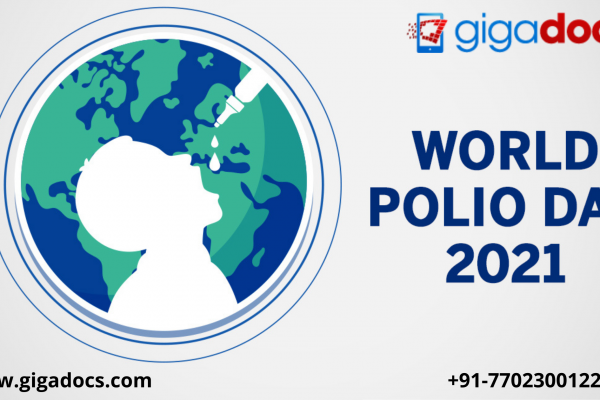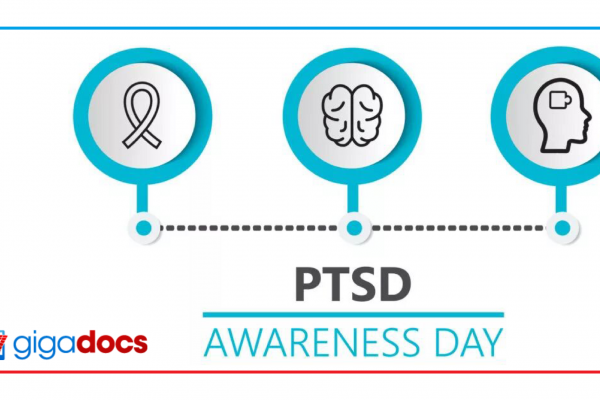Glaucoma– the leading cause of irreversible blindness in India, affects one out of eight people.
According to doctors from the Post Graduate Institute of Medical College and Research (PGIMER), 40 million people in our country have glaucoma or are at risk of developing the disease.
Explaining Glaucoma
Glaucoma causes severe damage to the eye’s optic nerve, which can worsen over time. It’s frequently associated with an increase in intraocular pressure. While Glaucoma is hereditary, most people with glaucoma do not experience any early symptoms or pain. As a result, we recommend that you see an ophthalmologist regularly so that they can diagnose and treat glaucoma before you suffer long-term vision loss.
It is impossible to regain lost vision. However, most glaucoma patients who adhere to their treatment plan and have regular eye exams can maintain their eyesight.
Glaucoma Causes
- Inflammation of the internal organs.
- Blocked eye vessels.
- Eye surgery.
- Eye injury caused by a chemical.
- Severe ocular infection.
Glaucoma typically affects both eyes, but it can be more severe in one of them. While it primarily affects adults over the age of 40, it can also affect infants, adolescents, and children.
Symptoms of Glaucoma
While most people with open-angle glaucoma do not exhibit any symptoms, they usually appear late in the disease’s progression, which is why glaucoma is called a “sneak thief of vision.” The most common symptom is a loss of side vision (peripheral vision). Damage can happen quickly- aim to get medical attention as soon as you can if you experience any of the following symptoms:
- Loss of vision.
- Redness around eyes.
- Hazy eyes (particularly in infants).
- Upset stomach.
- Vomiting.
- Eye pain.
Glaucoma Awareness week-
Glaucoma is the leading cause of preventable irreversible blindness. To commemorate, World Glaucoma Association (WGA) observes World Glaucoma Week (WGW) from March 6 to March 12 every year.
Tips for Living with Glaucoma
Glaucoma is a chronic condition that necessitates regular visits to your eye doctor. To keep your eyes healthy, here are a few tips:
- Stay Active– Regular exercise can help lower your blood pressure and keep the blood flowing to the nerves in your eyes. Go for walks, exercise, or practice yoga– the options are limitless.
- Eat a nutritious diet- Maintain a healthy, well-balanced diet. According to some research, eating foods high in antioxidants may help people with glaucoma. Increase your intake of nutrient-dense foods like dried fruits, dark, leafy greens, and omega-3-rich fish.
- Take your medication as directed- Take your drops or pills as instructed, make a note of them, so you don’t forget. Missing your meds could aggravate your glaucoma.
- Take care with your contacts- If you use medicated eye drops, you should continue wearing contact lenses. You may need to use some drugs when you don’t have lenses in. Additionally, some older medications can cause a change in your vision. Furthermore, if you require surgery, you may be unable to wear contacts.
- No Smoking- It is critical to maintaining your body’s health, and nicotine hurts this. Smoking also causes an increase in blood pressure and inflammation of the eyes, which can increase your risk of diabetes and cataracts. Both are glaucoma risk factors. If you smoke, seek advice from your doctor on how to quit.
- Watch your caffeine consumption- Keep track of how much soda, coffee, and tea you consume. Caffeine can cause high blood pressure in the eyes. According to one study, a cup of coffee can significantly increase the pressure in your eyes for up to 90 minutes.
- Raise your head- When sleeping, use a wedge pillow. It will keep your head slightly raised- this should help reduce your eye pressure.
- Keep your eyes safe- Wear safety glasses when working in the yard or participating in contact sports. When swimming, wear goggles. When purchasing makeup, choose non-allergenic brands and replace items regularly. Wear sunglasses outside, especially in the summer or near high-glare surfaces such as sand, snow, and water. Glaucoma can make your eyes extremely sensitive to glare.
- Don’t rub your eyes- Your eyes may become itchy due to your glaucoma and the medication you are taking. But resist the urge. Scratching them will aggravate the situation. Consult an eye specialist to check if you can use drops to treat dry skin.
- Drive carefully- Drive carefully. Most glaucoma patients can still drive if they pass their state’s vision test. Simply put, the amount of vision loss will determine your ability to drive. Some people with advanced glaucoma may renew their license with restrictions. Consult an eye doctor to see if driving will be an issue for you.
- Practice caution with yoga– Carefully practices some yoga positions like head-down moves that place your heart above your eye, which can cause eye pressure to rise. You might want to avoid poses like downward-facing dog, standing forward bend, legs up the wall
Glaucoma Diagnosis and Glaucoma Treatment
Glaucoma tests are painless and take only a few minutes. Your eye doctor will use drops to dilate (widen) your pupils and examine your eyes. They will examine your optic nerve for glaucoma symptoms and may take photographs to detect changes during your next visit.
If your doctor suspects you have glaucoma, they may order special imaging tests of your optic nerve. To reduce the pressure in your eye, they may use prescription eye drops, oral medications, laser surgery, or microsurgery. Reach out to the best Ophthalmologists around you on the Gigadocs app and consult at a time convenient to you from the safety of your home.
To book, download the Gigadocs App–
- IOS App – apple.co/2W2iG4V
- Android App – bit.ly/33AQoRC
To know more and schedule a Virtual Consultation demo, Email @ info@gigadocs.com




